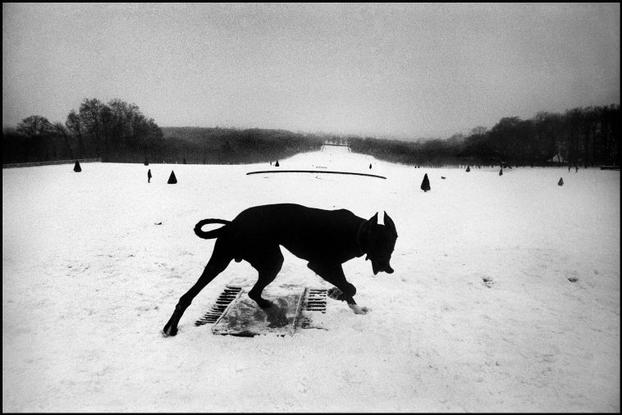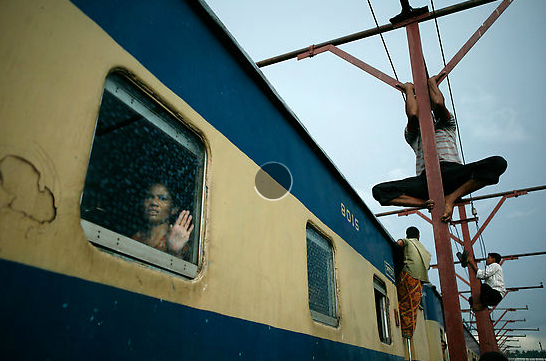by?ERIC KIM?on?MARCH 28, 2013

FRANCE. 1987 ? Josef Koudelka / Magnum Photos
To me,?Josef Koudelka?is one of the most brilliant photographers out there and a true master of black and white. Not only does his work carry a strong sense of composition, form, and geometry?but they also carry an emotional impact. His photos are raw, gritty, and show both the hope and melancholy of life.
